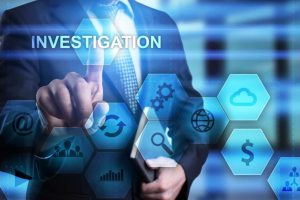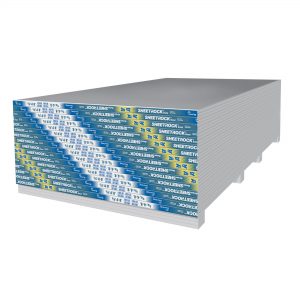
Forensic accounting is a specialized field that combines accounting, auditing, and investigative skills to uncover financial fraud and other financial crimes. If you're interested in pursuing a career in forensic accounting, here's what you need to know:
- Get a degree in accounting or a related field
To become a forensic accountant, you'll need to have a strong foundation in accounting. A bachelor's degree in accounting or a related field is typically required. Some employers may also require a master's degree in accounting or a related field.
- Gain experience in accounting and auditing
To become a successful forensic accountant, you'll need to have experience in accounting and auditing. This will help you understand financial statements, identify irregularities, and analyze financial data.
- Obtain a certification in forensic accounting
To demonstrate your expertise in forensic accounting, you can obtain a certification such as the Certified Fraud Examiner (CFE) or the Certified Forensic Accountant (Cr.FA) designation. These certifications require passing an exam and meeting certain experience requirements.
- Develop investigative skills
Forensic accounting involves investigating financial crimes and fraud. To be successful in this field, you'll need to develop strong investigative skills, including interviewing witnesses, gathering evidence, and analyzing data.
- Stay up-to-date on industry trends and regulations
Forensic accounting is a constantly evolving field, and it's important to stay up-to-date on industry trends and regulations. This will help you stay ahead of the curve and provide the best possible service to your clients.
In conclusion, becoming a forensic accountant requires a combination of education, experience, and specialized skills. By following these steps, you can position yourself for a successful career in this exciting and rewarding field.


